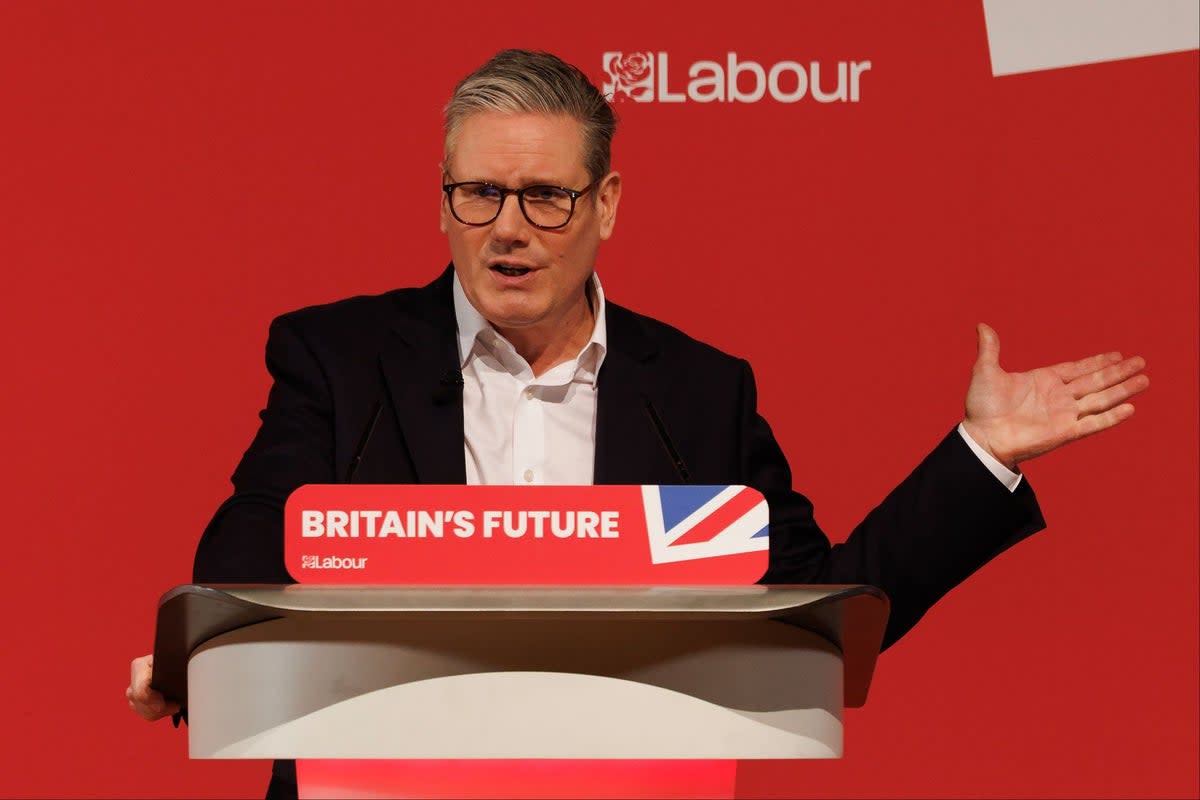Labour plan to get working class into arts jobs and prevent sector being dominated by privately educated

Labour on Thursday unveiled plans to boost the number of people from working class backgrounds securing arts careers and prevent the sector being dominated by the privately educated.
Sir Keir Starmer vowed that investment in culture will be put “at the core” of his government if he were to become prime minister.
The Labour leader argued that private schools “sell themselves” on the skills that studying arts subjects can build, such as confidence and public speaking.
“I want every child to have that same chance,” he said in a speech at the Guildhall School of Music & Drama today.
“GCSE enrolment in arts subjects down by 47 per cent. And it’s working class kids who bear the brunt of that collapse.
“From day one, Labour will reform the school accountability framework, to make sure arts count.
He added: “Speaking skills are so important to disadvantaged children. A massive part of the class ceiling.
“It’s about helping every child find their voice, learn who they are and what they believe and tell their story in their own way.
“That is the power of art in a nutshell.”
Sir Keir said Labour would broaden the curriculum to help all children study a creative subject, or sport, until they are 16 and create a new Growth and Skills Levy to train the young creatives of tomorrow.
The party would also work with national museums and galleries to get more art into public spaces and crackdown on ticket touts by capping resale prices.
Actor James Norton and artist Damien Hirst are among the celebrities backing to Labour plans to increase the teaching of art, music and drama in state schools.
BAFTA winner Imelda Staunton, writing in the Evening Standard, argues that the arts and culture sector has "become increasingly elite" and "only available to those with access to the bank of Mum and Dad, or a place to stay in London".
The Crown star said: "Creativity and imagination are the raw materials for a sector which contributes £125bn to the UK economy...we need young people from every background to be provided with the opportunities they so desperately needâ¯andâ¯deserve."

 Yahoo News
Yahoo News 
